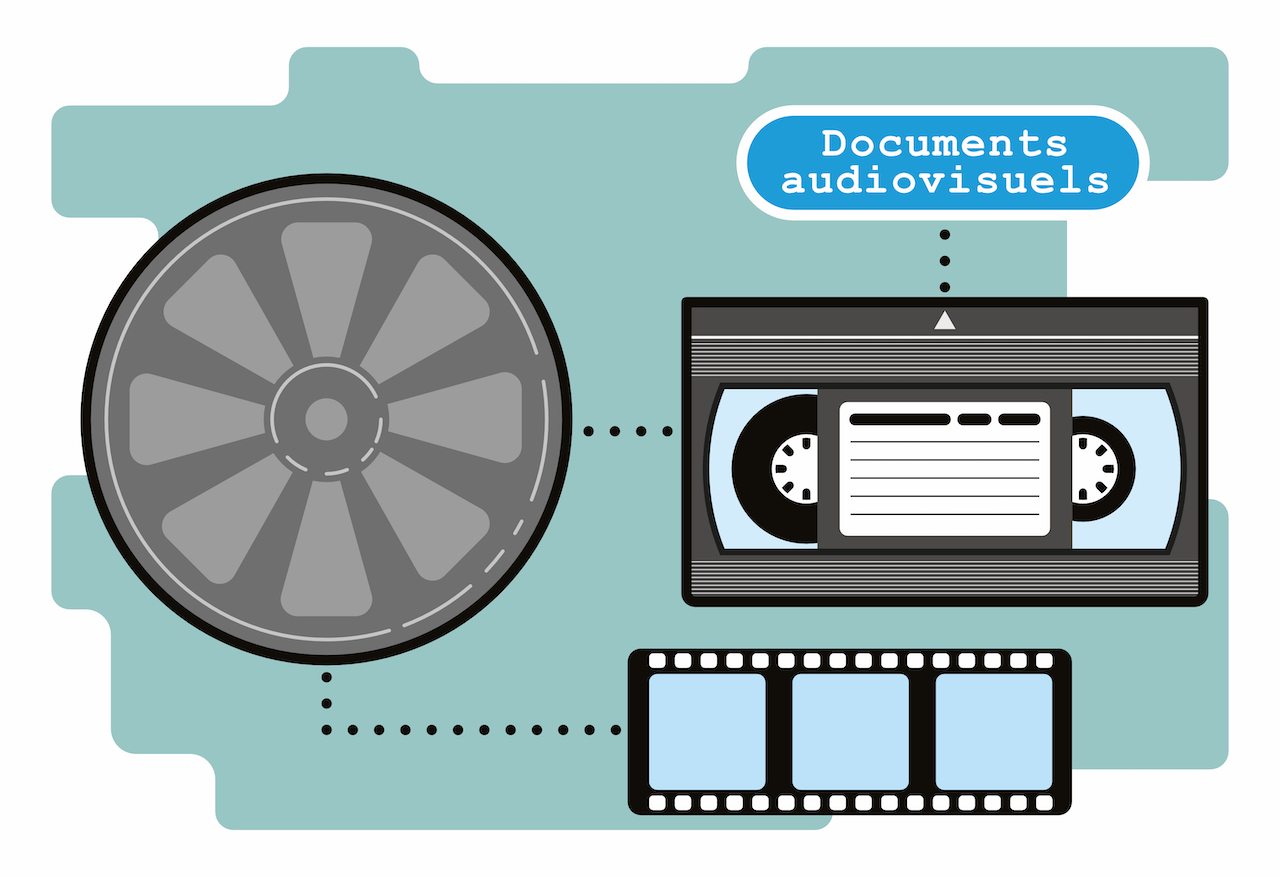Fiche du document
- ISIDORE Id: 10670/1.5d4a84...
- doi: 10.60527/24e2-hg51
Droit commun de la propriété intellectuelle
Mots-clés
Philosophie politique Psychologie Psychologie et philosophie Rationalité Sagesse SociologieSujets proches
Argumentation RatiocinationCiter ce document
Dan Sperber, « Reasoning as a Social Activity », Canal-U, la vidéothèque de l'enseignement supérieur, ID : 10.60527/24e2-hg51
Métriques
Partage / Export
Résumé
La sagesse collective : principes et mécanismesColloque des 22-23 mai 2008, organisé par l'Institut du Monde Contemporain du Collège de France, sous la direction du Professeur Jon Elster.Intervention de Dan Sperber et Hugo Mercier, CNRS, Institut Nicod, 23 mai 2008Some forms of collective opinion fixing or decision making – through polling or voting for instance – require little use of higher cognitive capacities on the part of most of the agents involved. Others forms, those involving debating in particular, require much more: agents have to reason in order to produce arguments and evaluate the arguments of others. Reasoning is generally viewed as primarily a means to enhance individual cognition. Much work in the psychology of reasoning focuses on its flaws and biases and suggests that these may have cumulative adverse effects when reasoning is involved in collective processes, for instance in jury deliberations. We, on the contrary, argue, in an evolutionary and cognitive perspective, that the main function of reasoning is social: it is to evaluate the consistency of other people's claims and to try and convince them of the inconsistency of not accepting one's own claims. This argumentative theory of reasoning makes predictions regarding the contexts in which reasoning will be more felicitously used, which are argumentative contexts as opposed to individual reasoning or to conversations among people in agreement with one another. It also predicts what particular biases should emerge when reasoning is used outside of an argumentative context. These predictions are supported by many recent findings, in particular in work done on dual process models in social cognition, reasoning and decision making.
